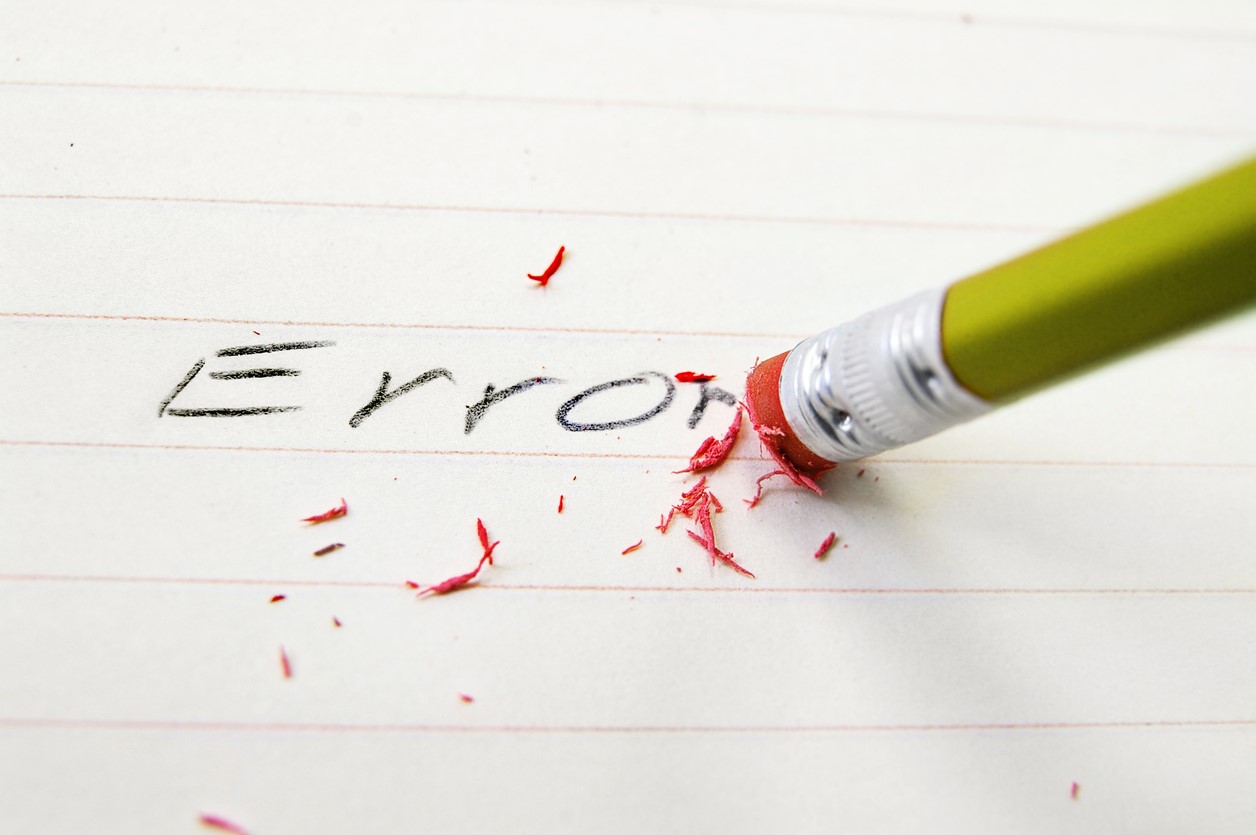Despite increased efforts from foundations and funders to simplify the grant application process through FAQs, information sessions, and webinars, there still remains an air of mystery around reviewing grants. So, what can you do to help your submission stand out? Here are some items to consider before you submit your application.
Consider: Is your proposal realistic? Have you thought the program through? Is it a new program your organization is taking on, or are you doing the work already? Will your program actually address the challenge? Does your budget align with your project narrative? Lastly, are your outcomes possible, and can they realistically be evaluated? Grant reviewers will be able to notice if you have padded the budget, or conversely, not allotted enough room in the budget to accomplish something. Be honest, accurate, and direct about what you intend to do with the money if you receive it.
Read and follow the application guidelines. Don’t start off on the wrong foot by incorrectly following submission guidelines or failing to answer the prompts accurately. Make sure you are responding to exactly what is being asked of your application. Re-read the questions and re-read your responses. Then, do it again. Ask a colleague to read over your proposal to make sure you are following all direction.
Attend the informational webinar, phone call, or in-person session. If your schedule allows, attend the information session related to the grant. This shows the funder that you are interested in the opportunity and dedicated to being as prepared as possible with your application. While generally not a component in the scoring process, grantmakers will notice who participated in a listening session.
Before writing, take time to understand your audience. As with all writing, it’s important to consider who you are writing for. Do you know the history of the funder or this grant opportunity? Have you researched previous awardees to see the types of programs funded? Do you know how the funder reviews grants – a panel of staff reviewers grading your application or community volunteers? Is your funder concerned with local or national initiatives? Check the guidelines again for context clues to help you determine your audience and voice.
Provide Clear and Concise Responses. Grant writing is a delicate balance of writing descriptively but also keeping it specific. Stay focused—you are writing to solve a problem, not convince the funder about your organization’s value. Reviewers want to know you are knowledgeable and prepared to do what you are proposing to do. Telling a story can help illustrate you know the landscape and are ready to respond to it with your program. Make sure to provide relevant details whenever possible and support your proposal with data or direct quotes. In the end, is your response convincing?
It’s the job of a program officer or grant reviewer to steward their employer’s resources wisely. It’s also their job to give funding to the organization that can convince them their program is the best way to address a challenge. Help grant reviewers see you as knowledgeable, capable, and responsible, and success will follow.
Williams Grant Writing (WGW) has the team, time, skills, and systems in place to act as your grant writing partner. WGW can help you research funding opportunities, review draft applications, apply for the grant funding, and help you stay on top of reporting and deadlines. WGW has a proven track record of connecting nonprofits to funding. Contact us today to see how we can help!

